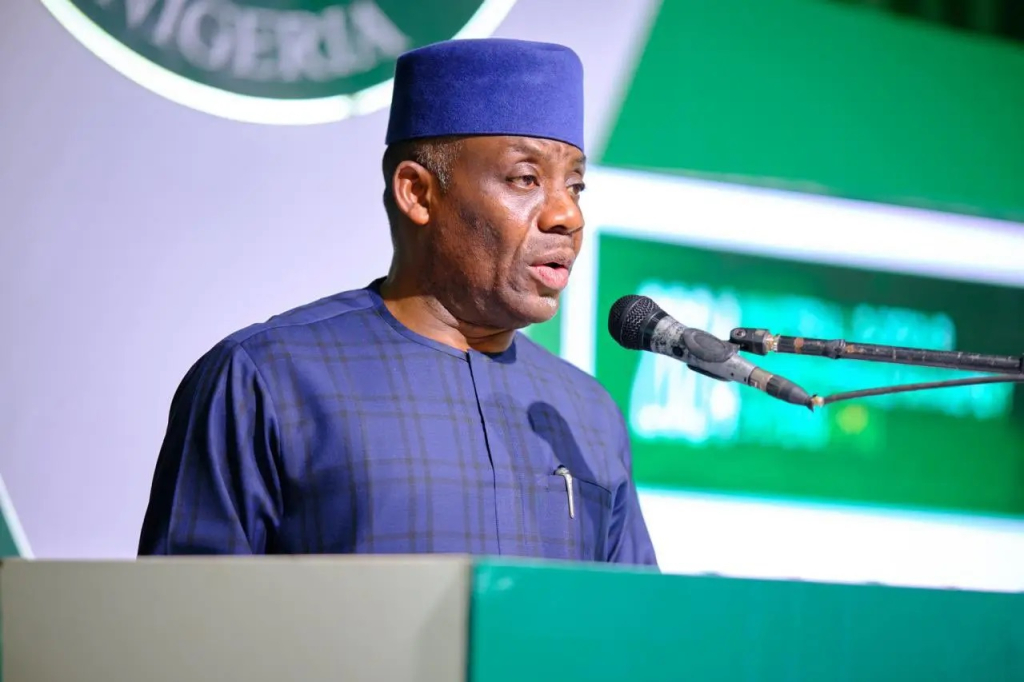The Nigerian Federal Government has warned the Academic Staff Union of Universities (ASUU) of a “no work, no pay” policy, should the union proceed with its planned two-week warning strike. According to the Minister of Education, Dr. Tunji Alausa, the government remains open to dialogue and has demonstrated commitment to resolving outstanding issues affecting the university system.
The warning strike, set to begin on October 14, follows the expiration of a 14-day ultimatum issued by ASUU, citing unmet demands by the Federal Government. The minister stated that virtually all concerns raised by ASUU have been addressed, including the introduction of a significant teaching allowance and improvements in conditions of service for academic staff.
However, the minister noted that a few remaining matters fall within the jurisdiction of university governing councils, which have been reconstituted to handle such internal issues. Despite the government’s efforts to resolve the issues, ASUU has chosen to proceed with a strike action, which the minister believes does not reflect a spirit of cooperation or fairness to students and the public.
The government has emphasized its commitment to prioritizing the welfare of university staff and maintaining the stability of the academic calendar under the Renewed Hope Agenda of President Bola Tinubu. The minister reiterated that dialogue remains the most effective path to resolving disagreements and that the government is open to engagement at any level to prevent unnecessary disruption in the education sector.
The “no work, no pay” policy, an extant labor law in Nigeria, will be guided by the law should academic activities be disrupted in the nation’s universities. The government has reassured students, parents, and the public of its commitment to maintaining industrial harmony in the tertiary education system and has appealed to all academic unions to embrace partnership and dialogue rather than confrontation.
The education reform agenda, designed to enhance teaching and research conditions, promote institutional autonomy, and ensure a thriving academic community, remains a priority for the government. The minister has urged ASUU to reconsider its position and return to dialogue in the best interest of students and the future of Nigeria’s education system. With the strike set to begin, the government’s commitment to resolving the issues and maintaining academic stability will be closely monitored.
